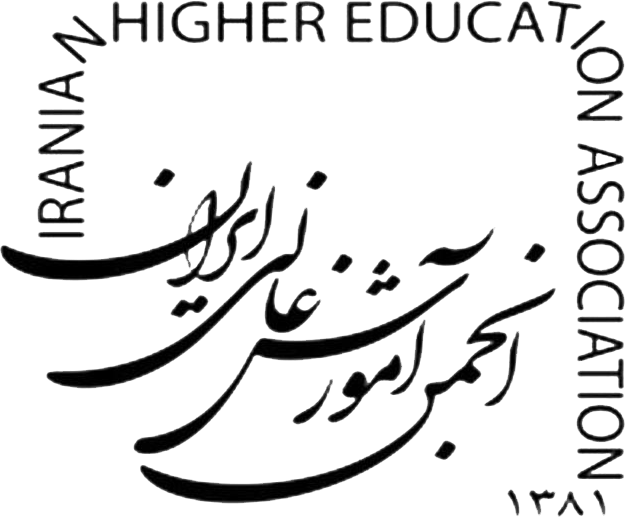Volume 11, Issue 2 (2019)
ihej 2019, 11(2): 119-142 |
Back to browse issues page
Download citation:
BibTeX | RIS | EndNote | Medlars | ProCite | Reference Manager | RefWorks
Send citation to:



BibTeX | RIS | EndNote | Medlars | ProCite | Reference Manager | RefWorks
Send citation to:
Torkzadeh J, Zeinali F, Mohammadi M, Salimi G. Developing a Framework for the Organizational Capacity of Academic Centers: A Qualitative Study. ihej 2019; 11 (2) :119-142
URL: http://ihej.ir/article-1-1316-en.html
URL: http://ihej.ir/article-1-1316-en.html
1- Shiraz University , djt2891@gmail.com
2- Shiraz University
2- Shiraz University
Abstract: (5591 Views)
The purpose of this study was to develop a framework for the organizational capacity of academic centers. The research method was the Seven-level qualitative Meta-synthesis of Sandelowski and Barros (2007). In the first step, the research question was raised about the development of the academic capacity framework, according to which the meta-synthesis team members were identified. In the second and third steps, 63 qualitative researches was selected among 120 researches that were searched from foreign and domestic academic bases and the criteria for inclusion of articles were determined. In the fourth step, by analyzing the data, 104 Basic themes related to academic capacity were extracted. Accordingly, in the fifth step, 104 Basic themes in 19 first level organizer themes include education; research; social services; efficiency; technology; organizational structure; monitoring and evaluation; managing human resources; competencies Human resources; Accountability; financial; planning system; student management; facilities; job responsibilities of faculty members; organizational culture; environmental relations; curriculum and leadership change. In the next step, the organizers of the first level in the 5 themes of the second level organizer include talent management; infrastructure; mission; process and organizational performance. Finally, a network of academic capacity building themes was drawn up. On step six, the findings were validated and presented on step seven after confirmation. The framework developed in this study provides an opportunity to evaluate the organizational capacity of universities and higher education institutions that was not possible before.
Send email to the article author
| Rights and permissions | |
 |
This work is licensed under a Creative Commons Attribution-NonCommercial 4.0 International License. |





